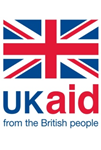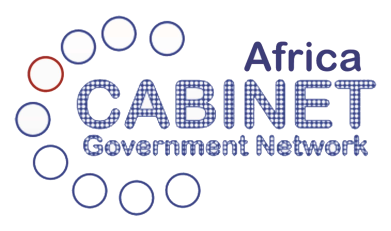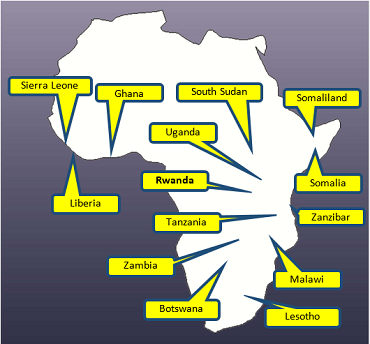Africa Cabinet Decision-Making Programme

The Africa Cabinet Decision-making (ACD) programme was initiated by the Africa Cabinet Government Network to help build the capacity of African Governments to make better evidence-based collective Cabinet decisions. This has led to more systematic and better implemented policy, contributing to national development goals, poverty reduction and improved quality of life for citizens.

This 3-year programme was delivered by Adam Smith International in partnership with the Network and was funded by the UK Department for International Development (DFID) under its Building Capacity to Use Research Evidence (BCURE) Programme.
The ACD programme provided varying support for up to 12 African Cabinet Secretariats to help improve evidence-based decision-making, including technical advice and peer support for initiatives such as:
- Confidential process reviews to diagnose current performance and track improvements;
- Revising Cabinet procedures to better manage its agenda and to provide Cabinet members with sufficient opportunity to fully consider complex policy proposals and seek advice on technical issues;
- Standard format for proposals to Cabinet to ensure Ministers are informed of evidence on needs and on the likely impact of proposals, as well as financial and implementation issues;
- Cabinet liaison networks with liaison officers or focal persons in each Ministry to enable the Secretariat to support Ministries in preparing Cabinet proposals and implementing Cabinet decisions;
- Effective standing committees of Cabinet to provide technical advice and improve collaboration;
- Strengthening the analytic capacity in Cabinet secretariats to analyse and review policy proposals;
- Building capacity of line ministry personnel to assess evidence and prepare Cabinet proposals; and
- Helping Ministers to implement new Cabinet procedures and seek evidence-based policy advice.
Support was be provided through:
- Technical advisers in selected Cabinet Secretariats;
- High level international workshops to share practical experiences, the first in February 2014;
- International training workshops on specific issues (eg IT support and e-Cabinet);
- An evidence-based policy toolkit for Cabinet Secretariats, Ministers and policy advisers; and
- Peer learning and experience sharing through newsletters and on-line networking.
The programme commenced in September 2013 working with the Cabinet Secretariats in South Sudan, Liberia and Sierra Leone. It was completed in November 2016.

